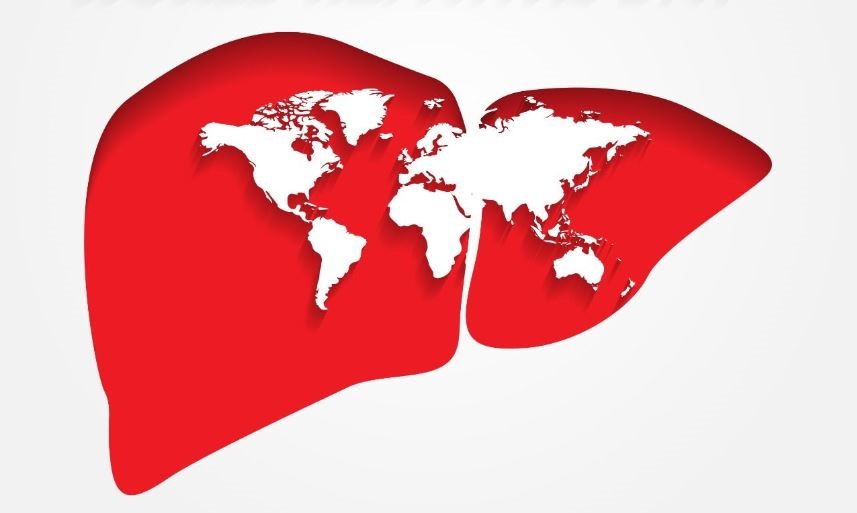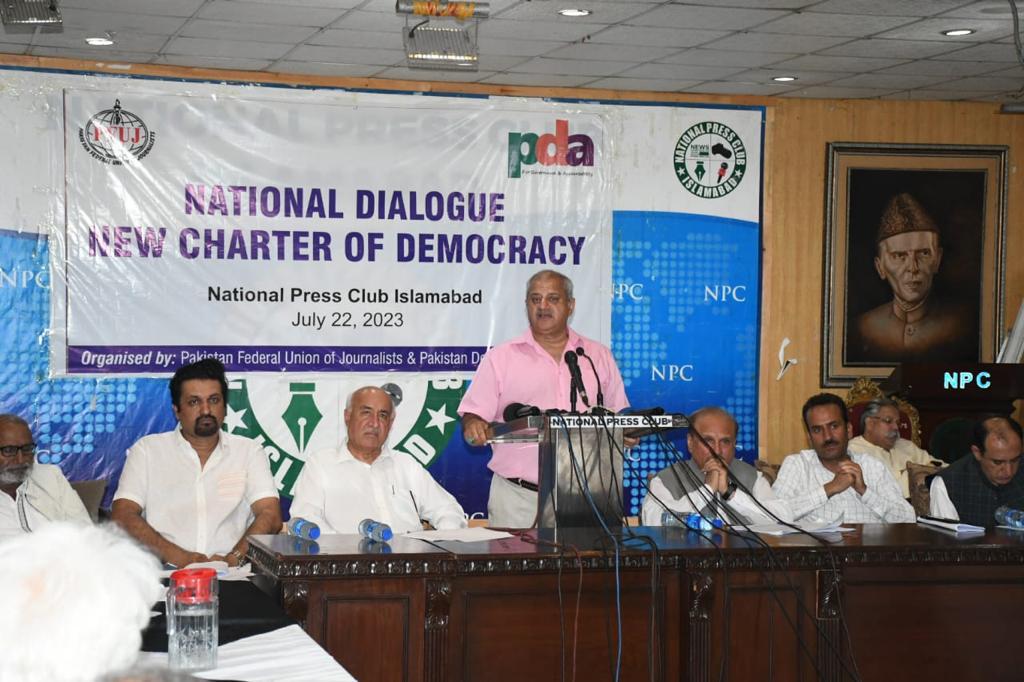By: Azeem Hakro
World Hepatitis Day on July 28 raises awareness of viral hepatitis and its elimination. Viral hepatitis is a major public health threat that affects millions of people worldwide, causing liver disease, cancer, and death. Pakistan has a high burden of hepatitis B and C (12 million cases) due to various risk factors: therapeutic injections, syringe reuse, unsafe medical practices, unscreened blood transfusion, sharing razors, unsafe sexual practices, and vertical transmission from mother to child. Injection drug users and thalassemia patients are also affected.
The Sindh Health Department and WHO Pakistan conducted a survey from 2019 to 2020, covering 1153 households in 29 districts with over 6000 screenings for hepatitis B, C, and HIV. The results showed alarming increases in hepatitis prevalence in several districts, especially among the poor and marginalized populations. There was an overall increase in prevalence of Hepatitis C in same period with the Districts of Sanghar, Mirpurkhas, Shikarpur, Jacobabad, Khairpur, Sukkur and Thatta showing very high prevalence. These findings highlight the urgent need for scaling up prevention, testing, and treatment services for viral hepatitis in Pakistan.
The government should take concrete actions to address this health crisis. First, it should implement the National Hepatitis Strategic Framework 2017-2021, which provides a comprehensive roadmap for eliminating viral hepatitis by 2030. Second, it should allocate adequate funds and resources for hepatitis programs, especially at the provincial and district levels. Third, it should strengthen the surveillance and monitoring systems for hepatitis data collection and analysis. Fourth, it should enforce the regulations and standards for infection prevention and control in health care settings and blood banks. Fifth, it should increase the awareness and education of the public and health workers about hepatitis transmission, prevention, and treatment. Sixth, it should expand the access and availability of quality hepatitis testing and treatment services, especially for the most vulnerable groups such as PWID and thalassemia patients.
The government can also work with other countries in the region to share best practices and resources, and to coordinate efforts to eliminate hepatitis. By taking these steps, the government can help to save lives and improve the health of the people of Pakistan.



